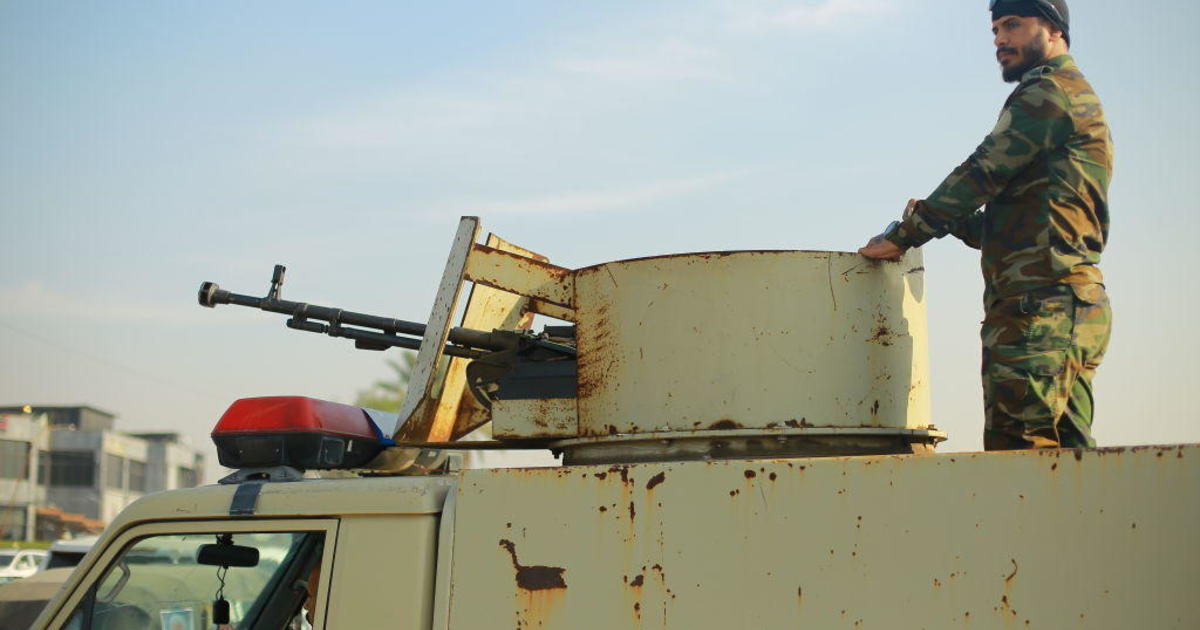The recent escalation of attacks by Iranian-backed militias on American forces in Iraq and Syria has prompted the U.S. military to take retaliatory action. These attacks have been a cause of concern for the U.S. and have led to a series of measures taken to counter the threat posed by these militias.
U.S. Retaliatory Strikes
In response to the attacks by Iranian-backed militias, Secretary of Defense Lloyd J. Austin announced that the U.S. military conducted precision strikes on three facilities used by the Iranian-backed Kataib Hezbollah militia group and other Iran-affiliated groups in Iraq. These targeted strikes were carried out as a direct response to the series of escalatory attacks against U.S. and coalition personnel in Iraq and Syria by Iranian-sponsored militias.
The strikes specifically targeted locations used for rocket, missile, and one-way attack UAV capabilities. The retaliatory action was aimed at deterring further attacks and eliminating the threat posed by these militias to U.S. forces in the region.
Escalation of Attacks
The recent attack on U.S. forces in Iraq was described as a “larger-scale” attack, marking a significant escalation in the level of aggression by the Iranian-backed militias. The attack, which targeted the Al Asad air base, involved the use of multiple ballistic missiles and rockets. While most of the projectiles were intercepted by air defenses, some caused structural damage to noncritical facilities.
As a result of this attack, four service members were evaluated for traumatic brain injuries, with one Iraqi soldier also sustaining injuries. This escalation of attacks has raised concerns about the safety and security of U.S. forces in the region.
Continued Response and Confrontation
The retaliatory strikes in Iraq followed a series of previous responses by the U.S. military to the ongoing attacks by Iranian-sponsored militias. The Defense Department has reported at least 151 attacks on service members in Iraq and Syria since October, prompting the U.S. military to take several measures to protect its personnel and facilities.
These measures have included strikes on ammunition warehouses and the targeted killing of the leader of one of the militia groups responsible for orchestrating the continuous attacks. The U.S. has reiterated its commitment to defending its personnel and interests and has called on the Iranian-sponsored groups to immediately cease their attacks.
Regional Tensions and Wider Implications
The spate of attacks on U.S. forces in Iraq and Syria coincided with the conflict between Hamas and Israel, as well as Houthi attacks on commercial shipping in the region. These events have contributed to heightened tensions and raised concerns about the potential for a wider conflict in the region.
Despite the Pentagon’s assertion that the conflict between Hamas and Israel has remained confined to
Gaza, the attacks on U.S. forces and commercial shipping have added to the volatile situation in the region. The U.S. government has emphasized its readiness to take further measures to protect its people and facilities while also expressing a desire to avoid further escalation of the conflict.
Multinational Response
The U.S. retaliatory strikes in Iraq are part of a broader series of military operations conducted by the Pentagon in various countries. These operations include strikes against the terrorist group Al Shabab in Somalia, as well as coordinated actions with the U.K. against the Houthi rebels in
Yemen. The U.S. military’s decisive actions underscore its commitment to countering threats to its personnel and interests across different regions.
Conclusion
The U.S. retaliatory strikes against Iranian-backed militias in Iraq reflect the seriousness with which the U.S. government views the escalating attacks on American forces in the region. These targeted actions are aimed at deterring further aggression and safeguarding the safety and security of U.S. personnel and facilities. While the U.S. remains prepared to take additional measures to protect its interests, it also emphasizes its commitment to preventing further escalation of the conflict in the region and calls for an immediate cessation of attacks by the Iranian-sponsored militias.


